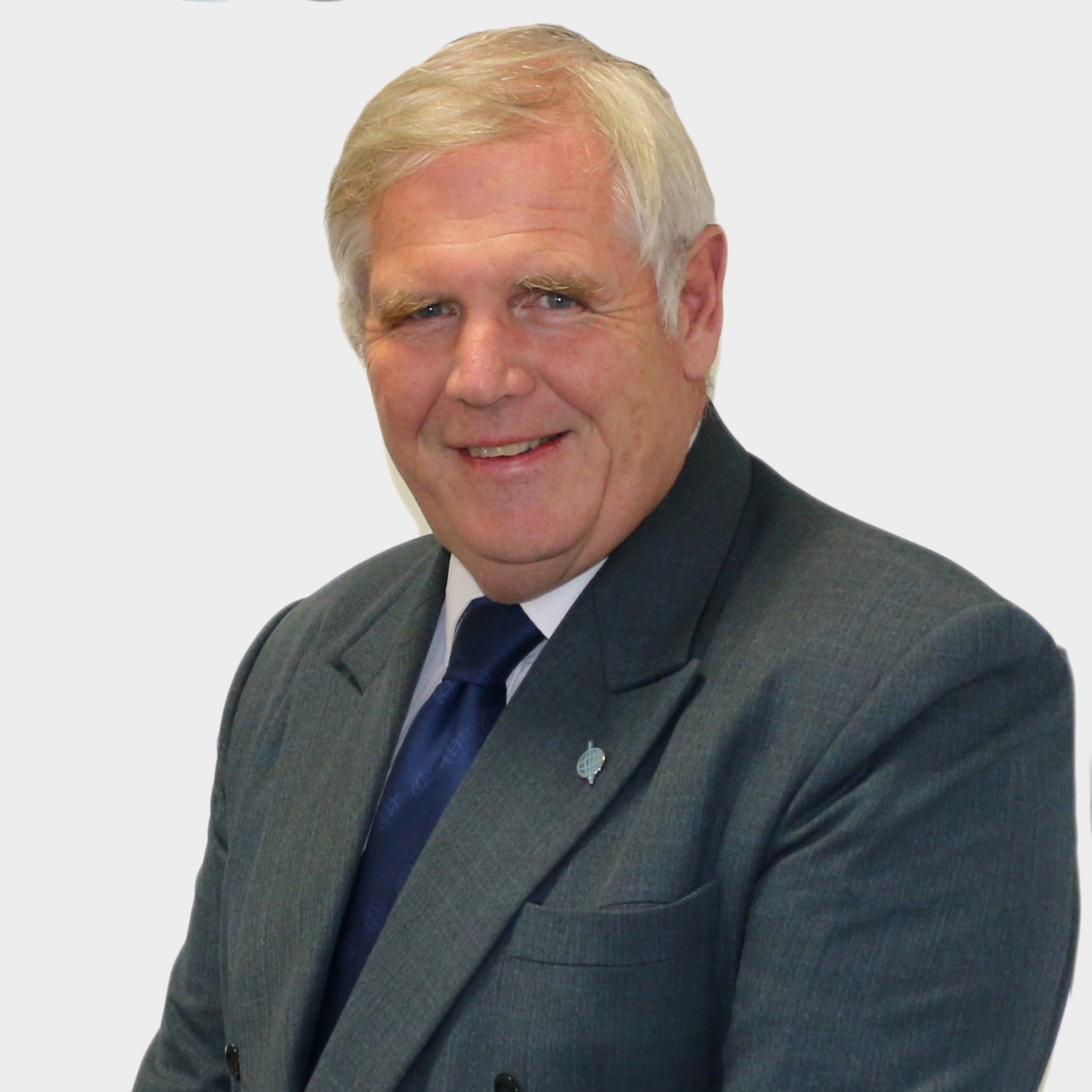
John Floyd
CEO of The Nautical Institute

John Lloyd FNI is CEO of The Nautical Institute, an international representative body for maritime professionals whose members are drawn from all sectors of the shipping industry worldwide. Here he explains why it is the responsibility of all leaders in the maritime sector to help raise standards.
In order to ensure consistent levels of activity and a universally understood expectation of how operations can be delivered safely and effectively, every industry needs well-established regulations and requirements to which all the stakeholders can adhere and ours is no exception.
For the maritime community, the leading authority in this regard is the International Maritime Organisation – the IMO. While the IMO does an excellent job of regulating our industry, we should not underestimate the tasks and challenges that are faced by this United Nations Institution.
A challenging environment
We can all appreciate why this environment is challenging: the pace of technological change; the need for a global response to the challenges of climate change and decarbonisation; changes to training expectations; and a growing digital economy. These issues are all combined under the remit of the IMO. Deciding the best way forward is incredibly difficult even for individual organisations but when the agreement of a majority of stakeholders is required before decisions can be taken, such tasks can take a considerable period to resolve.
One example of this is the need to keep the International Convention of Standards of Training, Certification and Watchkeeping for Seafarers (STCW) under review and to adapt to the changing environment. With its last major change in the Manila amendments of 2010, the need for updating is clear. The collective expertise of those across the maritime sector will be required to define new parameters and then, following agreement, a significant period is likely to be required for full adoption and implementation.
The process may well be thorough, but is it hard to describe it as agile.
Raising standards together
So how can we make our authorities more responsive to meet the needs of our industry and how can we ensure the responsible operation of the world’s merchant fleets?
We know that regulations alone will not make for safer shipping. We are dependent upon the leadership and care of those in charge of our ships and crews to ensure they operate safely. But, for them to undertake their responsibilities effectively, they need to know what to do and how they can succeed.
We often hear the clamour that STCW is not of a high enough standard; but what are we doing about it? As leaders in the maritime community we all have a responsibility to make a contribution to raising standards.
Industry has both the skills and experience to make a real difference. Specialist organisations such as OCIMF, IMCA, IACS, International Chamber of Shipping and many others including The Nautical Institute are, and need to be, leaders in the industry.
By working collaboratively these organisations can help shape expectations for the sector professionally, quickly and effectively.
We know the guidance provided by these organisations is well respected; Charterers often expect evidence that these guidelines have been followed and, by working together, these can be harmonised and effective standards introduced.
Streamlining Implementation
It is through collaboration with those organisations mentioned and under the direction of responsible Flag Administrations, that we can make a difference. Marine Guidance notes can require compliance with developing regulations ahead of the sometimes ponderously slow timetable allowed under IMO rules.
This is about leadership. We know what good practice looks like and leaders will show the way; not by waiting for the slowest ship in the convoy, but by striving for continuous improvement, providing an energy into changes that are on the way, encouraging early adoption of new standards and ensuring best practice is both promoted and celebrated.
Searching for universal solutions
The Nautical Institute has demonstrated leadership in this regard in several areas, most notably in its qualification and resources for Dynamic Positioning Operators. This qualification has been the ‘go to’ industry qualification for decades and its recognition transcends national boundaries.
Issues of national recognition are swept aside in a way that does not occur with many standard STCW qualifications. Perhaps we should be encouraging more initiatives along these lines that are universally and globally recognised and have trust in the sector to manage its own performance.
Combining incentive with deterrent
We also need the support of insurers and P&I Clubs.
Perhaps there is more they can do to reward the good operators with reduced premiums? And perhaps, even more importantly, they could start to impose significant financial costs on those operators that accept lower standards, less training and poorer work conditions. It has to become unpalatable and unprofitable for ship operators to insure against unsafe operations.
Together we can make a difference with IMO, national regulators and industry working in harmony to drive standards higher.
If we can do that we will improve all of our activities, protect the environment more effectively and, in the long run, be more profitable.






